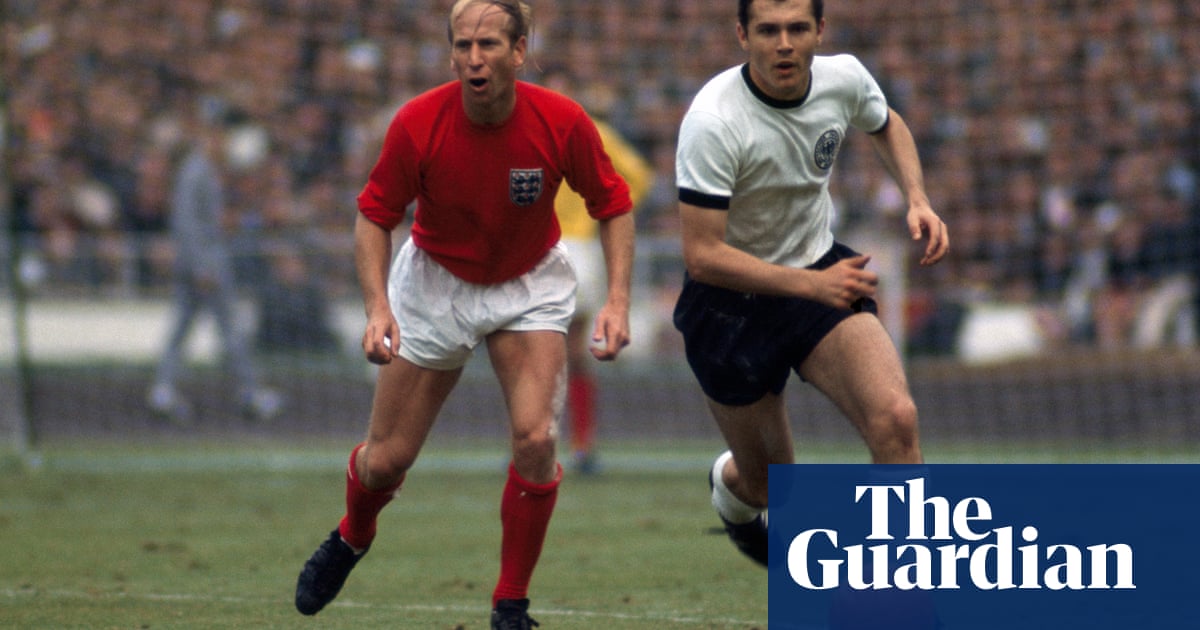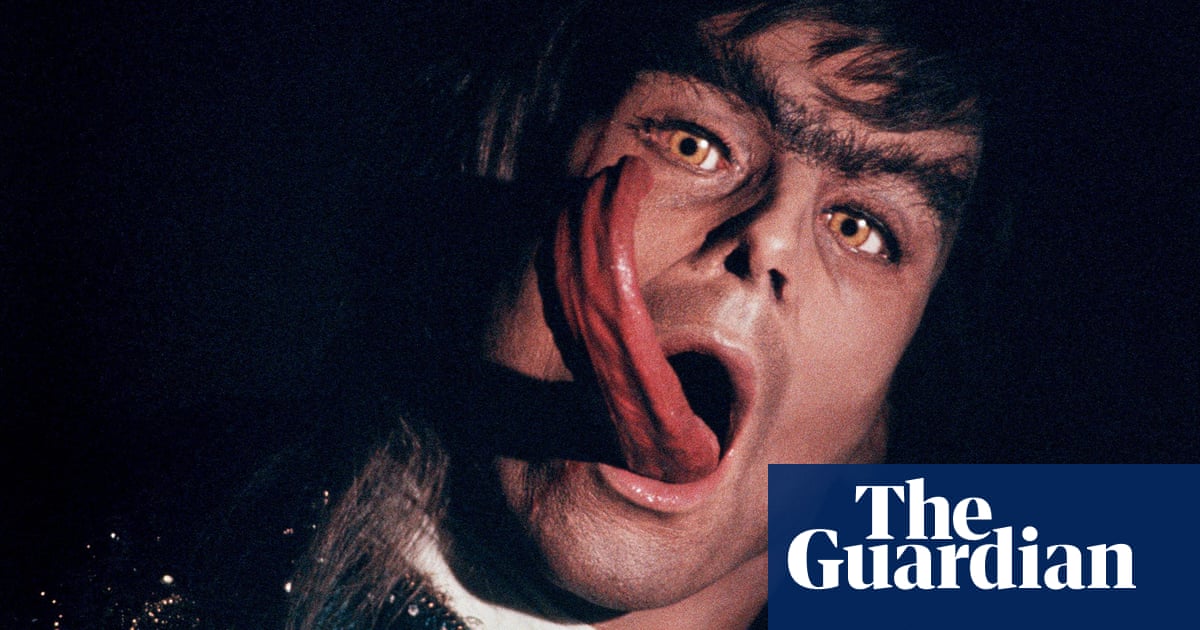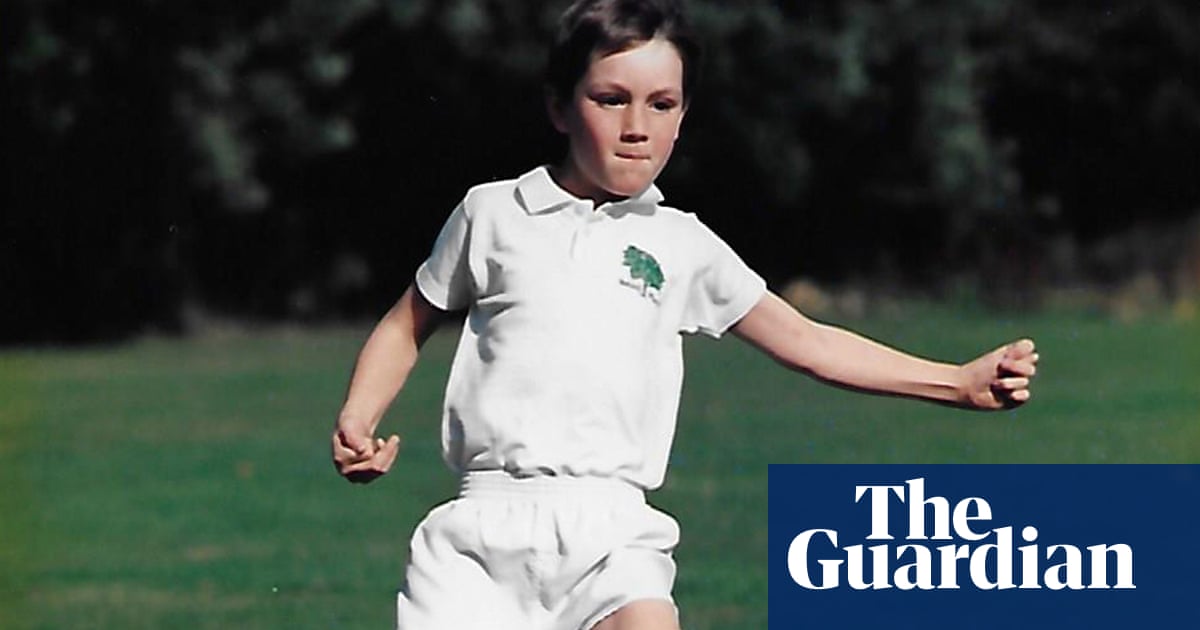
nn Wilson vividly remembers Heart’s big break. In October 1975, the fledgling group, then based in Vancouver, were offered their biggest show to date, opening for Rod Stewart at a Montreal arena. Heart happened to be available – in fact, they had just been fired from a Calgary club gig – and were eager to drum up support for their recently released debut LP, Dreamboat Annie. But when the band walked on to the stage, Wilson was taken aback to be greeted with a sea of lit matches held aloft by the audience. “I thought that it was some kind of mistake,” she says. “We started playing Magic Man and the place just came unglued. That’s when I realised it was for us.”
It’s difficult now to imagine Wilson feeling hesitant. Heart quickly went Top 10 in the US with that debut, and then went supernova in the 80s, twice topping the US singles chart with their ultra-emphatic power balladry. Wilson’s fiery vocals were paired with her sister Nancy’s piercing, intricate guitars, and the band exuded ferocious confidence on karaoke jams such as Alone – a No 3 hit in the UK – and All I Wanna Do Is Make Love to You. Although her voice is frequently compared with that of Robert Plant, Ann’s sinewy howl was a singular revelation, untethered from expectations of what a rock frontwoman should sound like.
Her story will soon be told in a biopic, with Sleater-Kinney’s vocalist-guitarist Carrie Brownstein tapped to write a script. Wilson is thrilled with the choice: “She’s really smart. I was really glad that they chose someone like her who has been there herself – she’ll fight to keep the realism in.”
In recent years, Wilson has released solo work such as the 2018 covers album Immortal and a string of new singles. These tracks reflect her musical roots and career trajectory: Led Zeppelin-style smouldering epics, grungy hard rock and meditations on coming of age during time of social change. “I’m not a very calculating songwriter,” she says. “I write from an emotional base, and the songs that I choose to cover are chosen from the same base. It’s just songs that ring some bell inside me.”
Growing up, her parents had an eclectic record collection spanning opera and classical as well as Aretha Franklin, Ray Charles and Judy Garland. Wilson also became a Beatles devotee, which spurred her on to write songs and even win an essay contest. “It talked about how the Beatles were nonconformists, and that’s why so many people loved them.” She and the rest of her teen band, the Viewpoints (which included Nancy), attended the Beatles’ 1966 Seattle concert. They soaked up every detail (“John Lennon chewed gum the entire set! George Harrison broke a string during Nowhere Man!”) and excitedly dissected them for months afterward.
Within a few years, Wilson was belting out Rolling Stones, Creedence Clearwater Revival and Led Zeppelin covers in a band that featured guitarist Roger Fisher. The group soon shifted from Seattle to Vancouver after Wilson started dating Fisher’s brother, Mike, who was living in Canada while dodging the military draft. (To complicate matters, Nancy later started dating Roger.) Wilson says this early version of Heart was “poor as hell”: hitchhiking was common and the band members and their families lived together in a house, where they had communal dinners of brown rice and vegetables.
She describes her bandmates as brothers. “Some weird drunk guy would come and try and crash into me, and one or the other of the guys in the band would step up and go: ‘Hey, buddy, back off. She’s here to sing.’”
The band dynamic shifted when Nancy joined the group in the mid-70s. Not only did she bring a different musical approach, rooted in folk and acoustic rock ballads, but her presence meant attention permanently shifted toward the sisters. Wilson is sympathetic to how her male bandmates must have felt. “A certain amount of bitterness came out of that, because they worked just as hard, and suddenly they became invisible to the press,” she says. “I don’t think Heart has ever been without that little issue.”
Part of this intense attention was certainly due to the Wilsons’ talents: Dreamboat Annie is a perfect merger of 70s folk-pop and barnstorming hard rock, and made no apologies for the complex ways it explored emotional vulnerability and toughness. But the Wilsons were also a rarity in the male-dominated rock world, and faced sexism and misogyny. “Back then, especially in the 70s, there was no filter on how women were sexualised – hyper-sexualised – in order to sell their images,” she says. “Now at least it looks like women have control over their own filters. Back then, they didn’t. It was just like: ‘Hey, here’s a sexy chick. We know how we can sell her.’” A music magazine once proposed a photo session featuring her and Nancy dolled up in French maid outfits and fishnets “with, like, super-big cleavage and posing like pinup girls” to accompany a profile. “That was their offer. It was like: ‘If you do this, then you can have this cover story.’” The Wilsons declined, and there was no cover story.
That tension between Heart’s looks and music would only intensify during the 80s, when physical appearance became a crucial marketing tool thanks to the popularity of videos. Heart played the game in elaborate clips where they sported teased-out hair and flamboyant stagewear. The hard work paid off with a string of global hits, which propelled the band into superstardom. “Suddenly people are telling you that you’re wonderful and you’re a genius,” Wilson says. “If you’re careful not to believe that hype, then you can really enjoy an experience like that.”
Wilson says Heart had great experiences touring with Queen (“Brian [May] is such a gentleman”) and becoming peers with superstars such as Grace Slick and Stevie Nicks. She even spoke to George Harrison, who asked her to perform at an environmental benefit. “I couldn’t, because I was on the road with Heart,” she says. “But I did get to talk to him. And he actually sang the chorus of Alone to me on the phone. It was so cute.”
Wilson says she actually had a “horrible experience” recording Heart’s biggest hit albums, 1985’s Heart and 1987’s Bad Animals, with producer Ron Nevison trying to motivate her with negative feedback. “[He] felt that the only way to get a good performance out of me was to make me miserable, make me angry and to insult me,” she recalls. (Nevison has said of the sessions: “Sometimes, in order to be a taskmaster, you have to put your foot down. I never looked at myself as being difficult, but I’m demanding.”) Wilson says that the music they made in this period “succeeded in spite of me, because I don’t think I performed well. I sounded scared and blocked and tight. The producer has to know how to help you open up. I think it’s kind of like, when you’re with somebody, and maybe you’re making out and you want to make love. You don’t just hammer on them; you seduce them, right?”
How did she deal with the fact that recording those two albums was a miserable experience, but yet they were massive successes? “It was sort of a Faustian bargain we made,” she says. “You go: ‘Yeah, we want to have a No 1 record or two. And so we will do the dance.’ But my own ability to sustain that way of thinking is really short. I just kind of wake up and go: ‘Well, you know, if having hit records means I have to be somebody else, then maybe I’ll just have records that aren’t huge hits. I’ll just do what really turns me on.’”
In the decades since Heart’s commercial peaks, Wilson has very deliberately followed her own muse. Our interview took place not long after she fulfilled a longstanding dream: recording at the Fame Studios in Muscle Shoals, Alabama. “We made magic,” she says, on two originals and two covers: Jeff Buckley’s Forget Her and Queen’s Love of My Life, the latter a duet with the country star Vince Gill.
Wilson sees Heart’s legacy everywhere – even on the US edition of TV show The Masked Singer, where the still-unidentified Black Swan recently wailed Barracuda – and is pleased to see that younger generations are discovering them. But she laughs and says she doesn’t like to “overthink” things when asked if she has contemplated Heart’s 50th anniversary in 2022. “It’s just time. I see it as a river, and Heart is just the name of what’s been put on a creative stream. So as long as that stream keeps flowing, the number 50 doesn’t scare me.”












